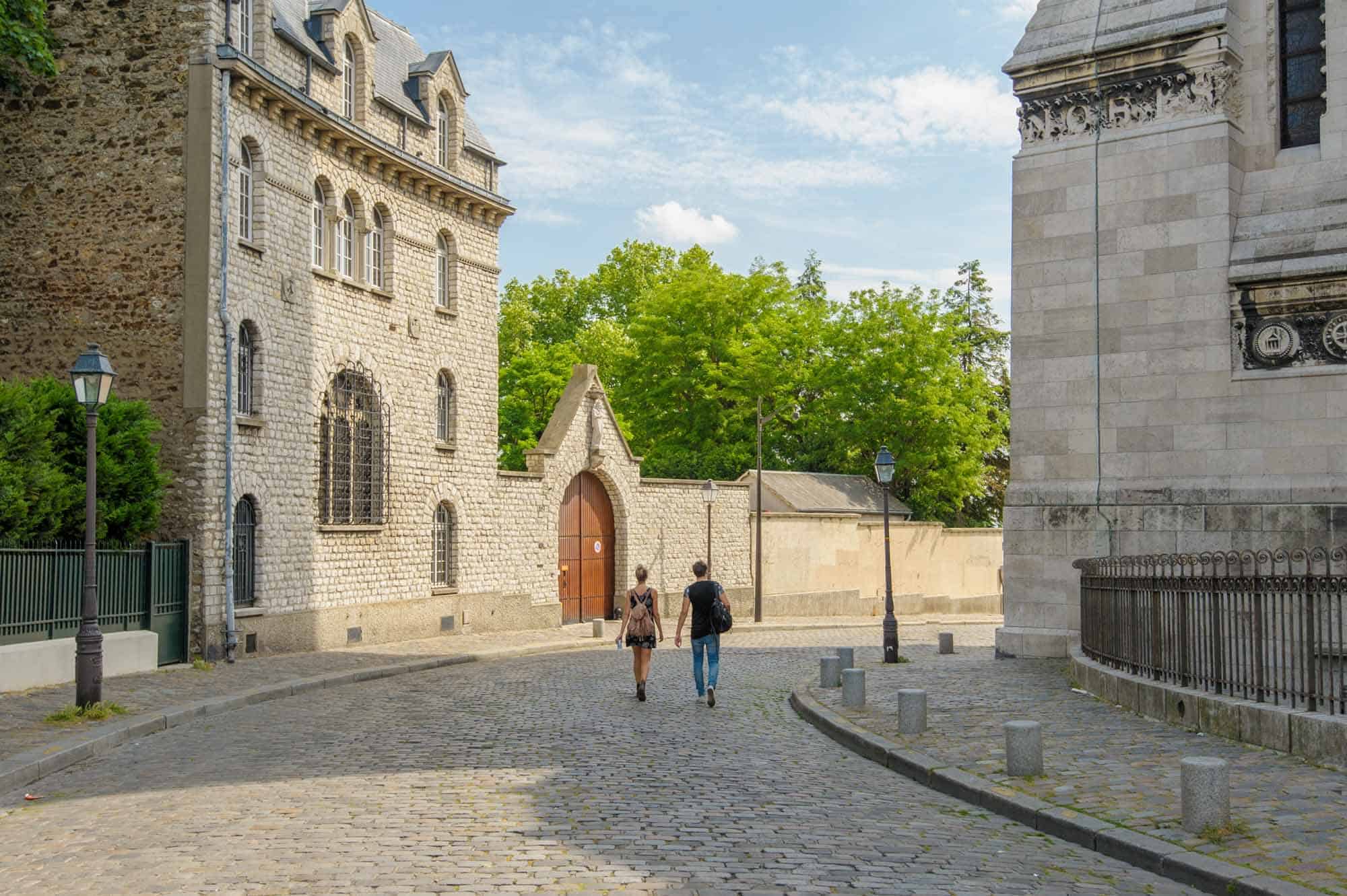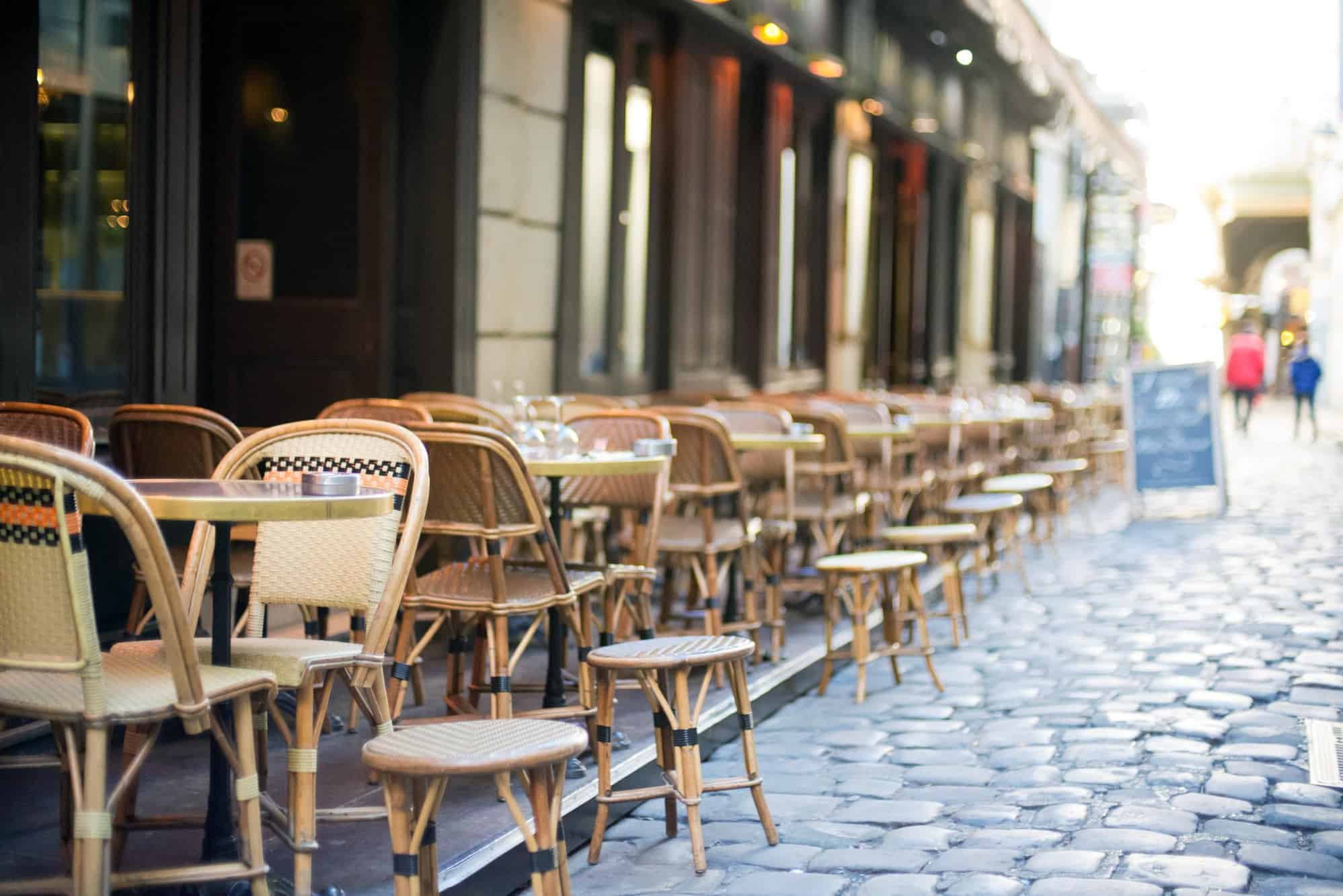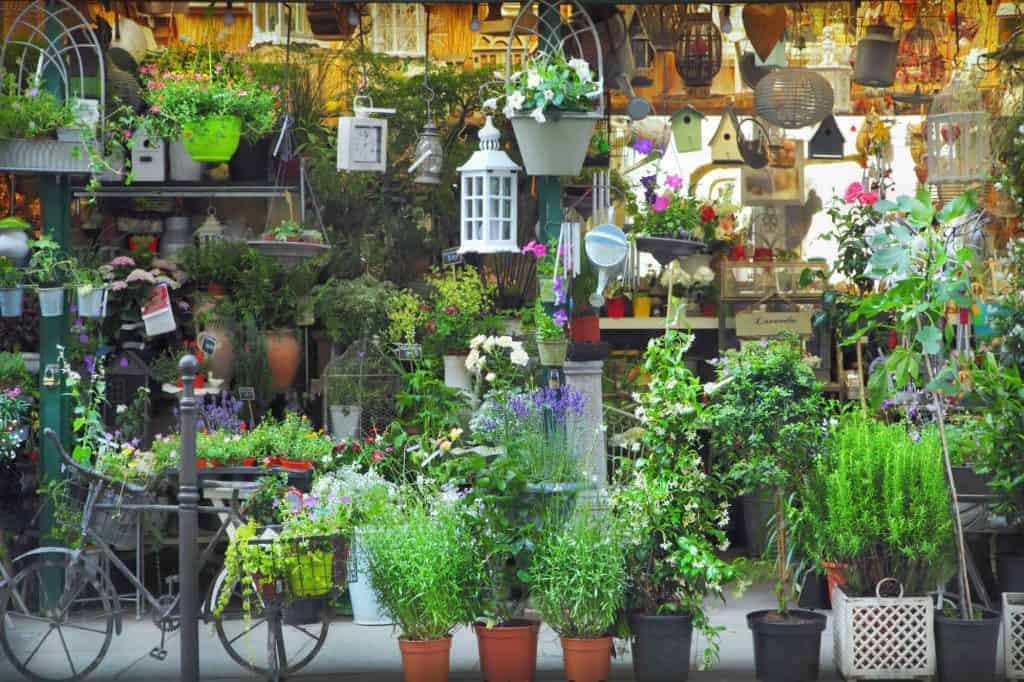French Phrases: Language Tips for Travelers to Paris
When planning a trip to Paris, there’s a million things to put on the to-do list. But well before worrying about daily plans or the packing list, it’s important to take time to learn helpful French phrases to ensure that you can get around the City of Light with as little trouble as possible. While it may seem far-fetched to learn an entirely new language in a few month’s time, it’s possible to know the basics to help you order at restaurants, ask for directions, or strike up a short conversation with a taxi driver. And since the French tend to prefer when travelers give their native language a try, these go-to phrases might even help you get the inside scoop on all that Paris has to offer (and earn a bit of respect at the same time).

Know the basics
You can get just about anywhere with knowing the difference between “yes” and “no.” In need of a table for two for dinner? Oui. Ordering the most expensive caviar on the menu? Non (or maybe oui, depending on your budget). When you’re asked simple questions, you may be able to use oui or non to reach a conclusion — and if you don’t, let your English skills step in. Word to the wise: It’s even better if you add a merci (thank you) to the end of each statement.
The perfect greeting
Even if you can’t carry on the conversation in French, it’s always best to start it off the right way. Meaning, it’s a smart idea to start any dialogue — with a shop owner, tour guide, passerby, you name it — with Bonjour. S’il vous plaît… (Hello, please…). This simple phrase is useful when asking for directions, ticket prices, or really, just about anything, and shows the French that you’re making your attempt, even if the French skills stop there. In fact, in French culture, bonjour (or the more casual salut) carries the same weight as “please” does in the American culture. It’s a sign of respect and considered the most polite way to start talking to someone.
Have manners at a restaurant
It’s possible to skate without speaking French during most of your day — until mealtime hits. Depending on how touristy the restaurant is, they may offer you an English menu upfront. If they don’t, you can always ask, or just turn to Google Translate to figure out what the menu items actually are. When it comes time to order, start with je voudrais (I would like) followed by the dish or beverage of your choice — un verre de vin (a glass of wine), une bière (a beer), un steak (a steak), and so on. As always, finish it off with s’il vous plaît (please).

Ask if they speak English
In certain situations, you just need to cut to the chase. Rather than skipping straight to English, first figure out if the person that you’re speaking to knows English by asking Parlez-vous anglais? (Do you speak English?). This a more polite way to ease English into the conversation as well as a way to ensure that you’re talking to the best person who can help you out.
Know the most important locations
Of course, it’s a given that you should know the name of the hotel that you’re staying at. For safety measures, also make sure you know the names of it’s cross-streets and the nearest metro stop. Just in case you ever find yourself in a compromising situation — a stolen passport, for example — you should also know how to get to the American Embassy. If you don’t, ask Où est l’ambassade américaine? (Where is the American Embassy?). While this situation is rare, it never hurts to know this information.
Ask for directions
Sure, Google Maps exists, but sometimes a lack of data, WiFi, or phone battery will prevent you from getting from one place to the next. When in doubt, ask someone for directions. To ask for help, say Je suis perdu(e). Où est …? (I’m lost. Where is…?). Who knows, they may even give you a more scenic walk or a shortcut (both are equally incredible).
Memorize your safe words
While the chances are slim that you’ll find yourself in an emergency situation, it’s always a good idea to be prepared. If you feel scared or threatened for any reason, head to the closest open restaurant, store, or hotel, and let them assist you. To show the severity of the issue at hand, say, J’ai besoin d’aide; Je me sens menacé. (I need help; I feel threatened.) From there, you can get the help that you need.

Remember that false friends exist
Let it be known that there are some words in French and English that look and possibly sound similar, but in fact, mean two very different things. If you’re looking at a bakery menu in France, raisin is the French word for grape, and prune is the French word for plum. A tad confusing. And if your guide recommends that you take a pit stop at hôtel de ville, beware that it’s actually a town hall and not a hotel. It may still be worth a visit either way.
Always, always, always give French a try
The French have a reputation — whether warranted or otherwise — to dislike American tourists. The best (and easiest) way to win them over is by attempting to speak their language whenever given the chance. A simple bonjour or au revoir goes a long way. Or better yet, say J’adore Paris (I love Paris) every chance you get.
